IMF lauds Australia’s global ‘success story’
The IMF’s Australian mission chief says the country remains a global ‘success story’ despite the blow from recent lockdowns.
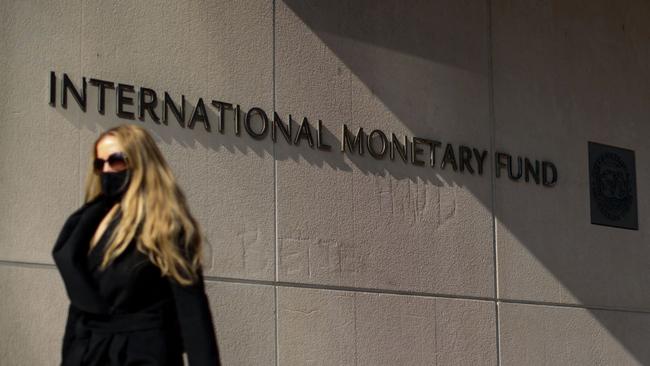
The International Monetary Fund’s Australian mission chief says the country remains a global “success story” despite the blow from recent lockdowns, predicting only a “moderate” downgrade to economic growth in 2021.
In an exclusive interview with The Australian, the Washington DC-based Harald Pinter said he expected Australia’s economy to contract in the September quarter, as he backed the government’s call that achieving high vaccination rates would reduce the risk of further lockdowns.
Mr Pinter said a recession remained unlikely and there would be a “quick bounce-back” once restrictions were ended, although he cautioned that “the Delta variant poses additional challenges, and next year looks quite uncertain”.
The IMF, in an update to its World Economic Outlook, substantially lifted Australian GDP growth from 4.5 per cent in 2021 to 5.3 per cent, and from 2.8 per cent to 3 per cent in 2022 – estimates that were finalised in June as the economic recovery ran ahead of the most optimistic forecasts but before the extent of the Sydney lockdown was known.
Despite fears that Greater Sydney’s restrictions were costing $257m a day and could extend into September, Mr Pinter said he expected only “moderate” downgrades to the IMF forecasts for Australia’s growth in 2021 in October’s full WEO, alongside a slight upgrade in 2022 to reflect the lower starting point.
“What is needed now is a continued focus on vaccinating the population as soon as possible,” he said.
“The more the population is vaccinated, the less the level of uncertainty around Covid and the less need for lockdowns.”
Josh Frydenberg welcomed the upgraded IMF outlook even as he acknowledged the forecasts predated the spreading of stay-at-home orders to cover more than half of the population in July.
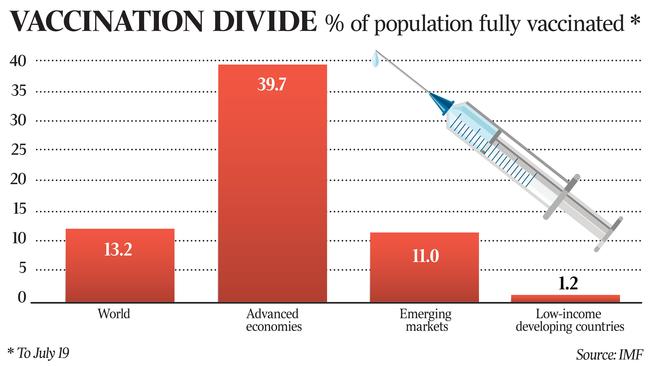
“We have seen the economy rebound strongly from prior lockdowns and have good reason to expect that it will do so again – but Covid has taught us we never know what’s around the corner,” the Treasurer said. Mr Frydenberg said “the only pathway to a sustained recovery is through vaccination”.
As the Morrison government continued to push back against calls for JobKeeper to be reinstated, Mr Pinter backed the household and business support being provided at the federal and state level, saying it was “comparable” with that provided last year when JobKeeper was in effect.
“People in NSW already have access to income support (via the Covid disaster payments), and the benefits of that program are broadly comparable with the JobKeeper program,” he said.
Mr Pinter said the business grants via NSW’s co-funded JobSaver program also contained requirements employers retain workers through the lockdown.
“Those can be scaled up, and Australia does have substantial fiscal space so it can ramp up support,” he said.
The commonwealth is paying more than $220m in Covid disaster support to affected workers each week, and there have been calls from the Business Council of Australia and economists to increase the rate of payment, worth up to $600 a week for NSW residents who have lost 20 or more hours.
In the update to its April projections, the IMF held steady its projection that the world economy would grow by 6 per cent in 2021. The steady outlook masked a “bifurcation” in fortunes between highly vaccinated advanced economies and poorer nations with lower rates of inoculation that had suffered major outbreaks of the Delta strain of the virus.
“Vaccine access has emerged as the principal fault line along which the global recovery splits into two blocs: those that can look forward to further normalisation of activity later this year (almost all advanced economies) and those that will still face resurgent infections and rising Covid death tolls,” the IMF report said.
The IMF lifted its world growth forecast for 2022 by 0.5 percentage points to 4.9 per cent.


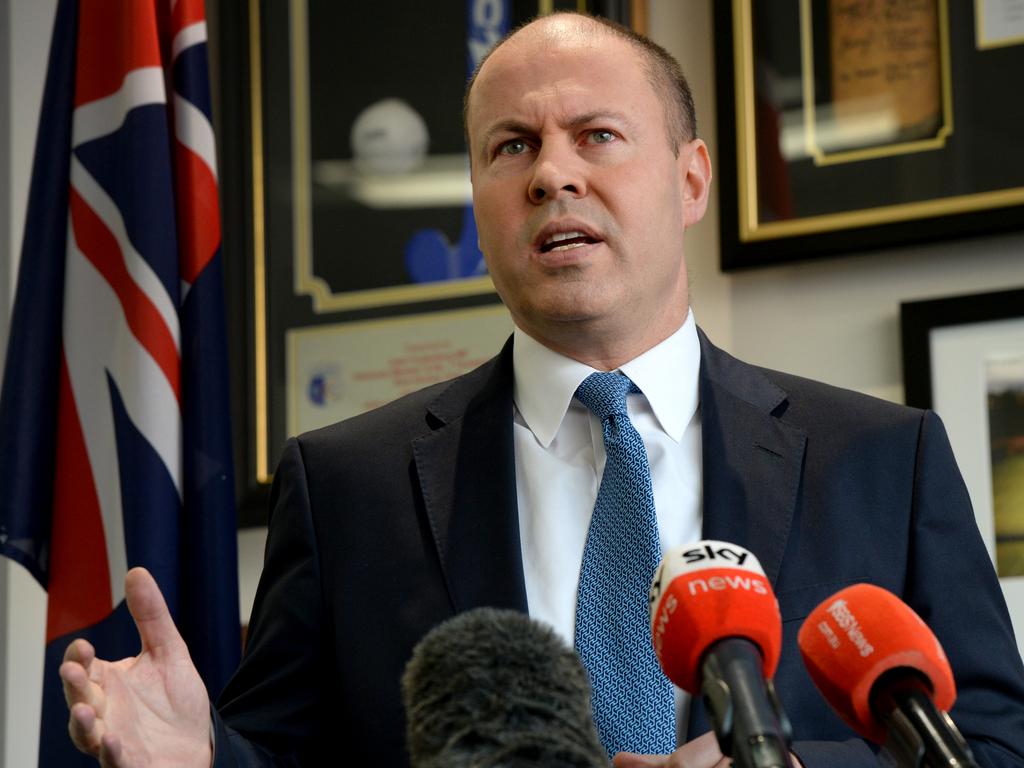

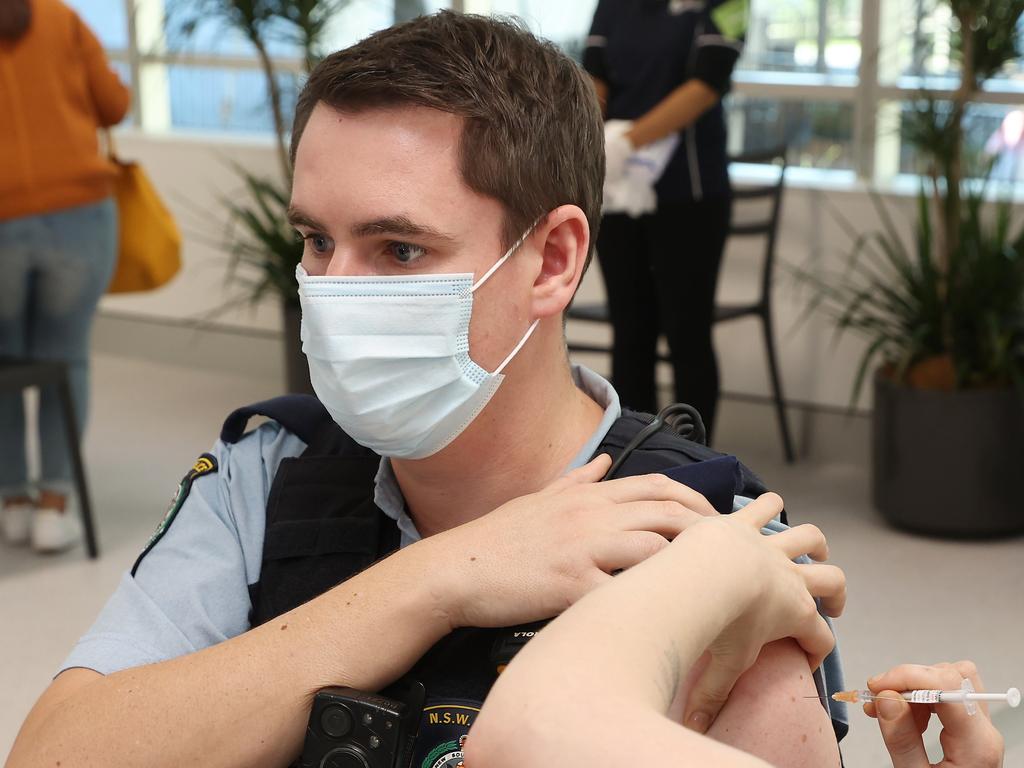
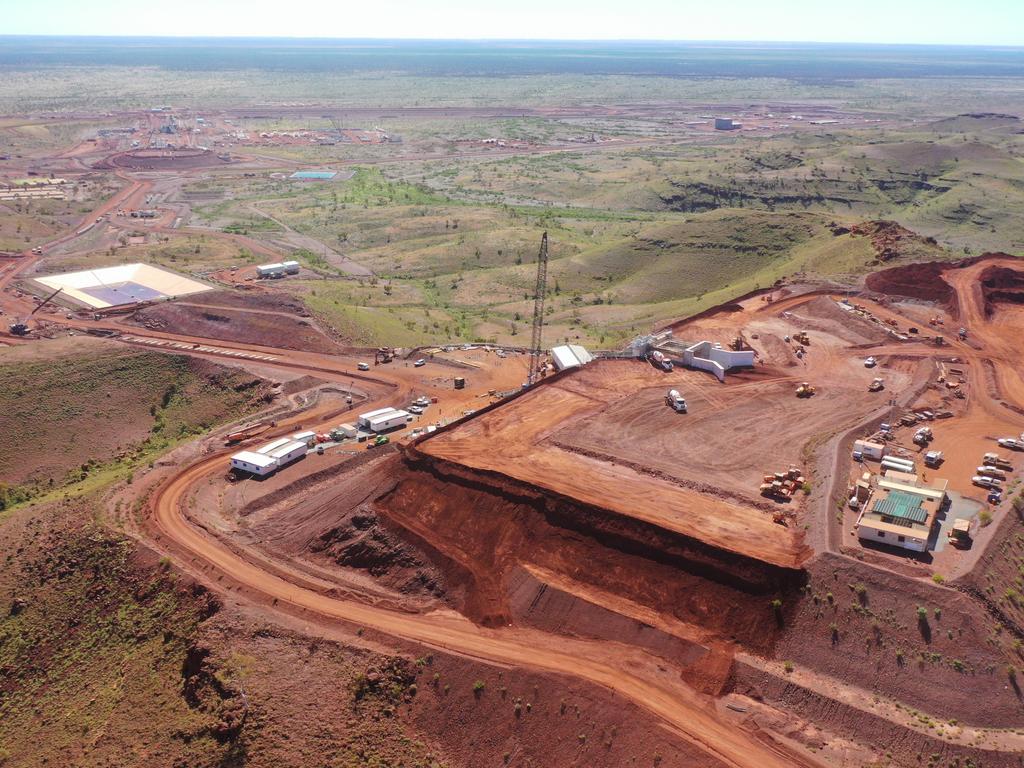


To join the conversation, please log in. Don't have an account? Register
Join the conversation, you are commenting as Logout